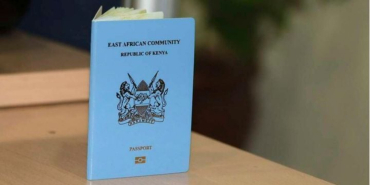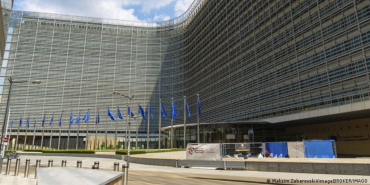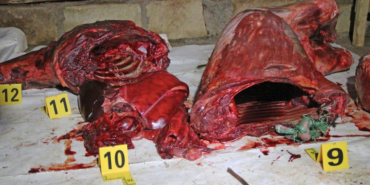Murder Wave Leaves Bodies Along Naivasha Streets and Highways

A sharp rise in violent crime, including multiple murders, has unsettled Naivasha residents and alarmed security agencies, threatening the town’s long-standing reputation as a key tourism destination in the Rift Valley.
Naivasha, known for its lakeside beauty and thriving hospitality sector, has recorded more than a dozen killings in the past nine months, an increase from just two cases during the same period last year. The victims include both men and women, with several bodies discovered in informal settlements and along major highways under circumstances suggesting deliberate attacks.
The most recent cases involve three men found dead in different locations, Mirera, Mithuri and Kabazi estates. Naivasha DCI chief Isaac Kiama said two of the bodies were discovered by the roadside, while the third was found inside a house. Investigations are ongoing, with post-mortem examinations expected to determine the causes of death.
However, the killings of women have raised deeper concern among civil society groups and gender rights advocates. At least five women have been murdered in the past six months, many in their thirties, with evidence pointing to sexual violence and intimate partner disputes.
Among them was Jane Wanjiru, a 31-year-old M-Pesa agent whose body was found near Delamere Farm, about five kilometres from Naivasha town. A post-mortem showed she had been raped and strangled, and detectives are reviewing her phone records to track her last contacts.
In another case, a mother of two initially believed to have taken her own life was later found, through post-mortem results, to have been stabbed. In June, Jane Wambui Njoroge, a clinical officer at Naivasha Sub-County Hospital, was discovered buried in a shallow grave behind her home after suffering blunt force injuries.
Two suspects, including a domestic worker, have since been arrested.
Most of the recent crimes have occurred in areas such as Karagita, Kihoto, Kayole and Kongoni. Karagita, a densely populated settlement housing low-income flower farm workers and casual labourers, has been identified by police as a hotspot for drug abuse, sexual violence and domestic conflicts, with frequent reports of stabbings, suicides and assaults.
Security officials say that major roads, including the Nakuru–Nairobi and Maai Mahiu–Narok highways, have become common dumping sites for bodies, complicating investigations and deepening public anxiety.
“We often collect bodies dumped on the roads,” one officer said, highlighting the scale of the problem.
Human rights organisations are urging a coordinated response. David Kuria, Director of the Nakuru Human Rights Network, called on authorities to conduct thorough investigations and foster community dialogue to curb the violence.
“It is prudent that security agencies and other stakeholders hold honest discussions to address the rising criminal activities in Naivasha and its surroundings,” he said.
The Naivasha Gender-Based Violence cluster group has also voiced concern over the increase in femicide cases, warning that the town’s image as a tourism hub is at risk. Chairperson John Kinuthia said, “We are worried about the growing number of murders targeting women. We urge detectives to carry out comprehensive investigations and bring the perpetrators to justice.”














Add new comment